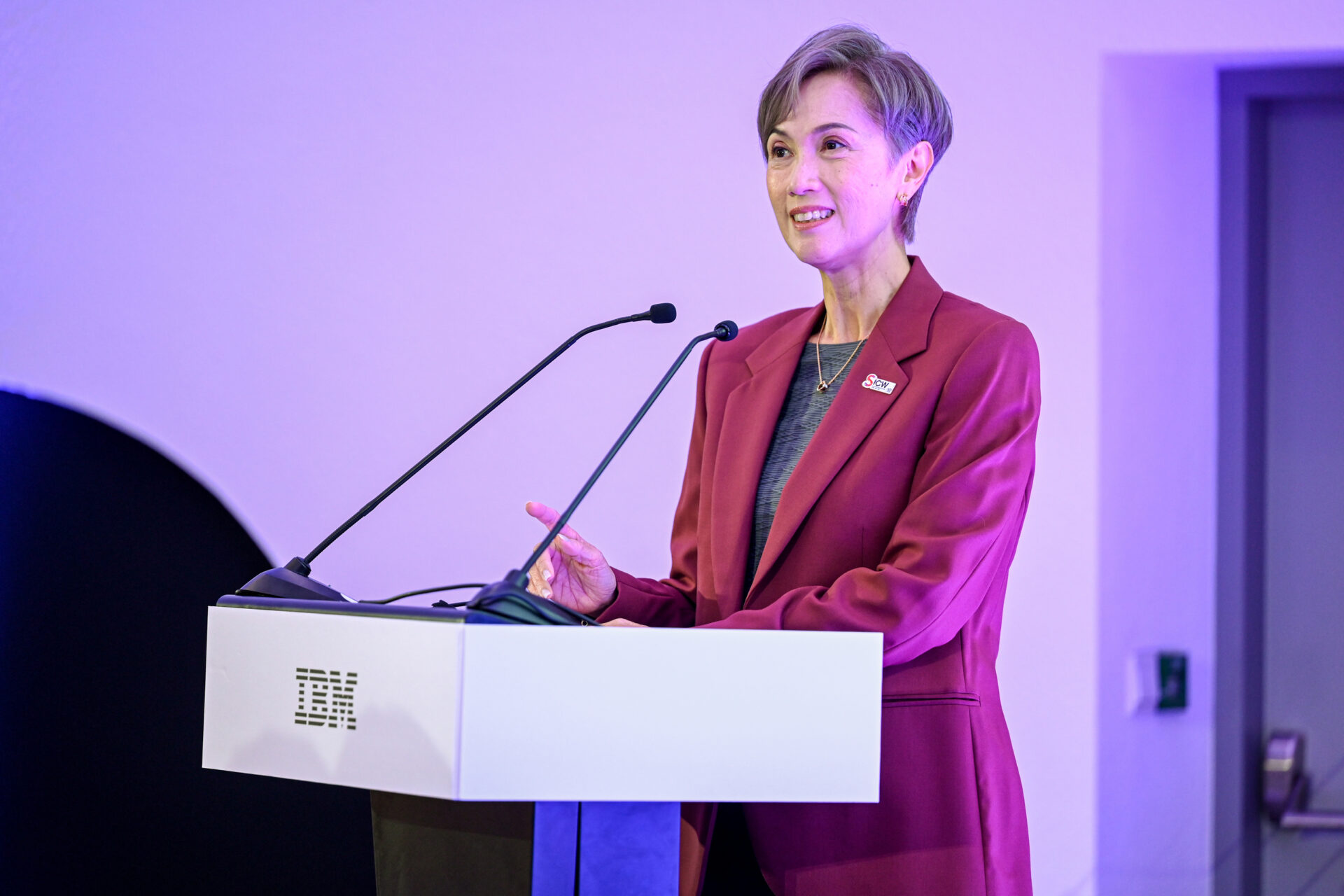Despite the rapid advances made in quantum computing of late, there is still time – years, in fact – for organisations to beef up their digital infrastructure before these powerful computers start breaking today’s encryption.
That’s according to IBM, a key proponent behind one of the most consequential technologies to arrive in the next few years.
Quantum computers would not be able to break the encryption used to secure today’s online payments and other transactions until some time between 2029 and 2033, said Oliver Dial, IBM Quantum’s chief technology officer.
One reason is that the error correction used in today’s state-of-the-art quantum computers is still unable to perform well enough to crack the encryption, he told reporters in Singapore today.
Unlike common classical computers, quantum computers do not use bits and bytes for computation but rely on qubits that can be “1” or “0” or both at the same time.
This opens the door to vast computational performance that could complete tasks in minutes, instead of the thousands of years needed by today’s computers.

The huge leap may enable scientists to find cures for diseases but could also potentially give hackers the power to unravel today’s encryption that protects data travelling through the Internet.
Experts differ on when this Q-Day would arrive. Research firm Gartner says existing encryption won’t be safe from 2029. The United States’ National Institute of Technology and Standards (NIST), meanwhile, expects the country’s government agencies to transition to quantum-safe encryption by 2035.
Crucially, NIST published standards for quantum-safe algorithms last year, so organisations have a clear path forward when moving to a post-quantum future, said IBM’s Dial.
“It’s a good thing that quantum-safe cryptography is here,” he noted, adding that “it’s a good time to think about migrating.”
He said there are also many positive uses of quantum comuting that have already made a difference today.
Last month, HSBC said it had used IBM’s quantum computers to optimise bond trading. The bank enjoyed a 34 per cent improvement in predicting the probability of winning customer inquiries in the European corporate bond market.
Singapore itself is investing heavily in quantum computing, with S$300 million of government funds added last year to the pot to grow local talent and anchor the technology’s development here.
Today also marked the launch of an innovation centre between the National University of Singapore (NUS) and IBM to bolster not just quantum but also AI talent and development. The two parties had indicated an interest to open such a centre last year.
Speaking at the university today, Minister for Digital Development and Information, Josephine Teo, said Singapore’s quantum journey began two decades ago with the Centre for Quantum Technologies. “This early commitment has put us in a good position for the transition to a quantum-enabled world.”
She also pointed to a quantum-safe handbook and a readiness index that Singapore launched yesterday to help organisations get better prepared for the future.
Beyond Singapore, there has been interest from Asean countries in building capabiities in quantum computing, she said, describing meetings at this week’s concurrnet events at the security-focused Singapore International Cyber Week.
This speaks to the importance that the region is according to getting quantum ready in the coming years, she noted.






